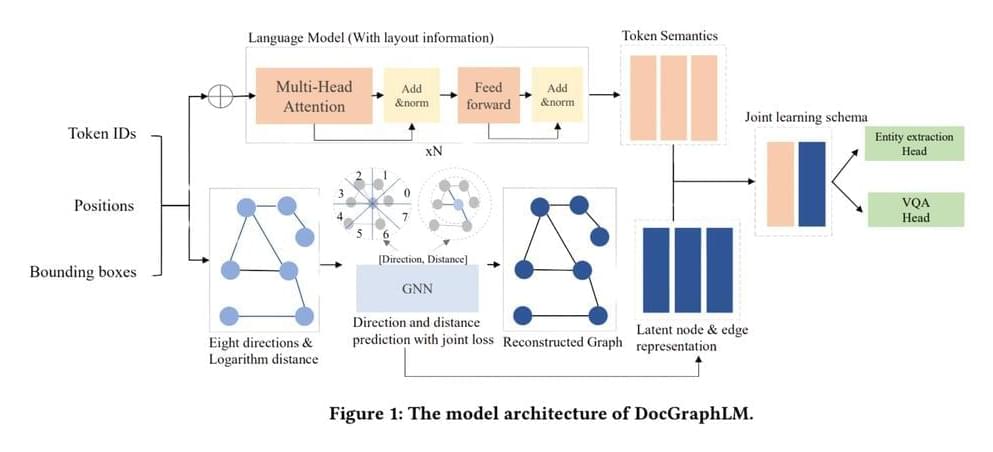The integration of Artificial Intelligence (AI) in lead generation is transforming how businesses identify and engage with potential customers.
Lead generation, a crucial aspect of business development, is undergoing a significant transformation thanks to AI. By leveraging machine learning, natural language processing, and predictive analytics, AI tools can identify prospective customers more accurately and engage them in a more personalized manner. This shift not only increases the volume of leads but also improves their quality, enabling businesses to focus their efforts on the most promising prospects, Einstein from Salesforce is a leader in customer relationship management (CRM), has integrated AI into its platform through Einstein. This AI-powered tool analyzes customer data to predict buying behaviors and recommend the most promising leads. For instance, a marketing agency used Einstein to prioritize leads based on their likelihood to convert, resulting in a 30% increase in sales productivity. HubSpot’s AI Lead Scoring: HubSpot offers an AI lead scoring system that ranks leads based on their potential value to the business. By analyzing historical data and user interactions, it helps companies focus their efforts on leads with the highest conversion potential. A technology startup reported a 25% increase in lead conversion rates after implementing HubSpot’s AI tool.
In addition, we have Drift’s AI Chatbots. Drift utilizes AI-powered chatbots to engage website visitors in real-time. These chatbots can qualify leads by asking pre-programmed questions, allowing businesses to capture information and engage prospects 24/7. A retail company using Drift reported a 40% increase in qualified leads due to the AI’s ability to engage customers outside of regular business hours. Consider LinkedIn Sales Navigator which leveraging AI, helps businesses find leads by analyzing user profiles and activities on LinkedIn. It suggests potential leads based on a company’s customer preferences and search history. A financial services company credited Sales Navigator with a 20% increase in new client acquisitions.
Moreover, MarketMuse uses AI to analyze content and suggest topics that attract and engage the target audience. A content marketing agency using MarketMuse experienced a 50% increase in web traffic, leading to a higher volume of inbound leads. Then, we have IBM Watson’s Personality Insights: This is a tool that analyzes communication styles and personality traits. A business consultancy used this tool to tailor its communication strategy to each lead’s personality, resulting in a 35% higher engagement rate.








